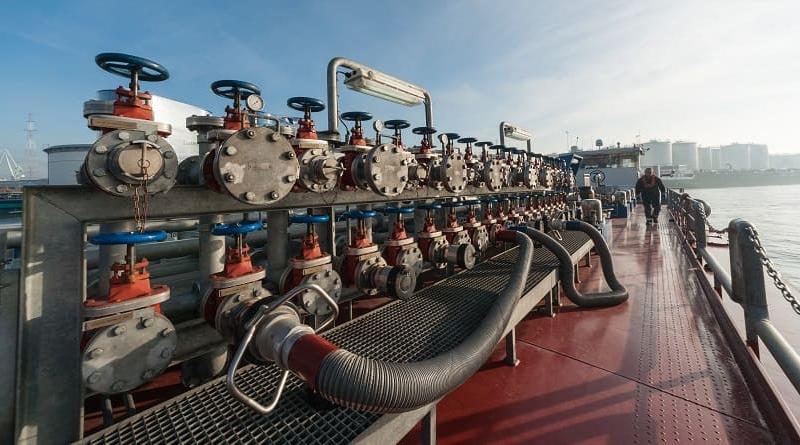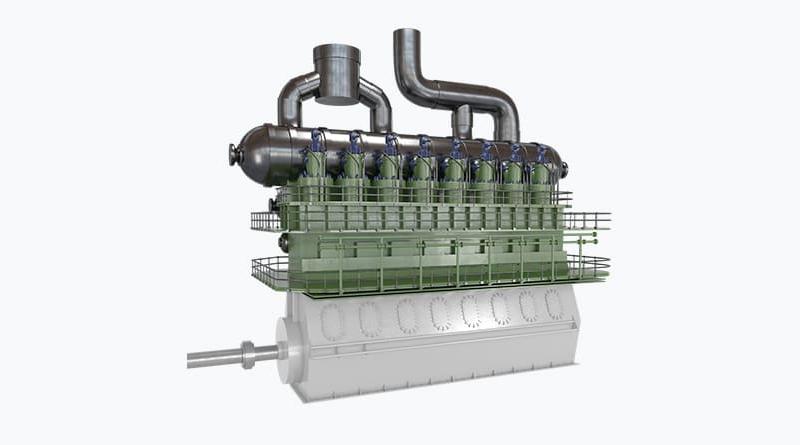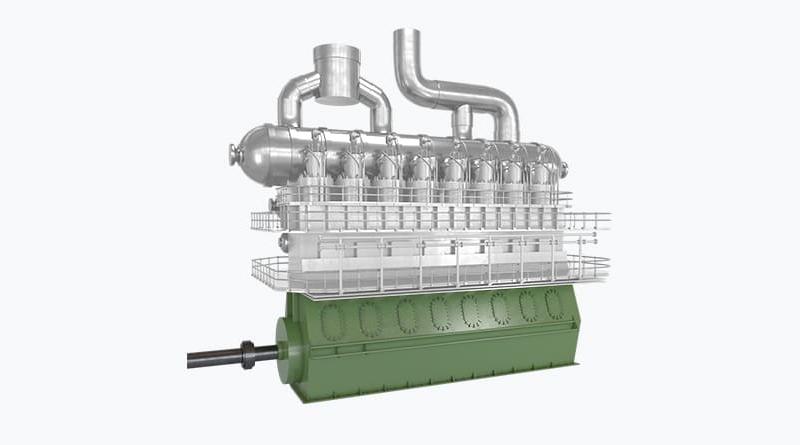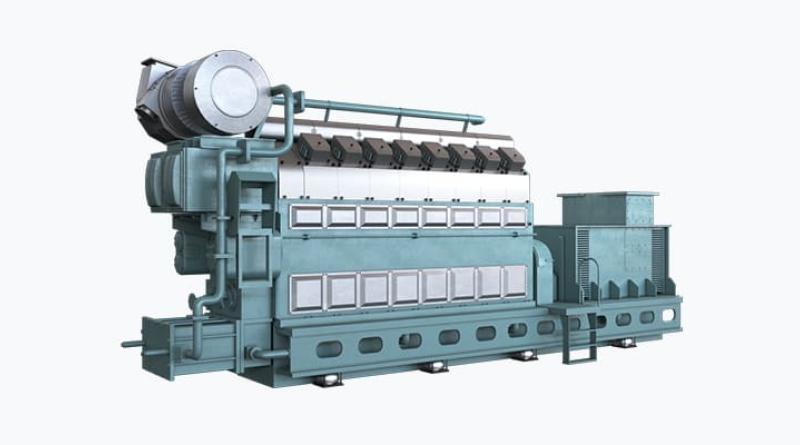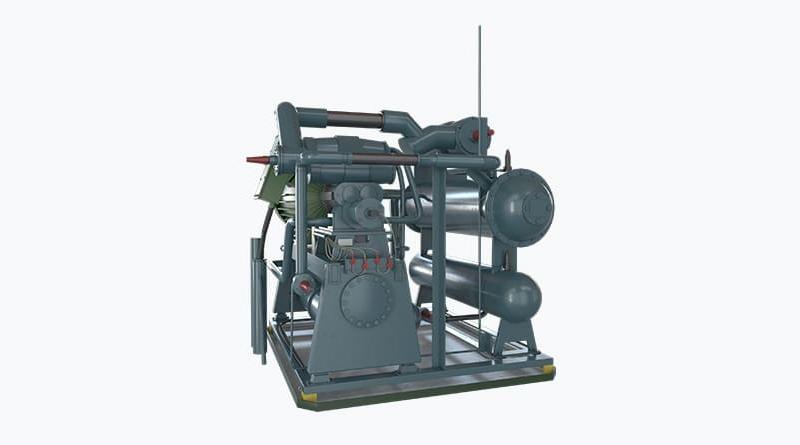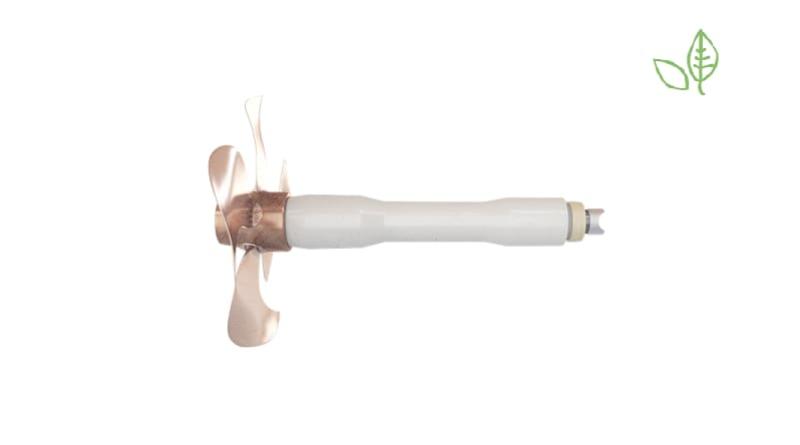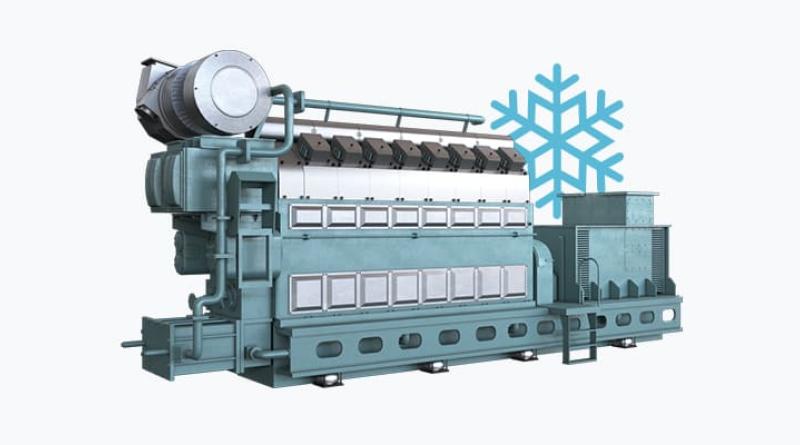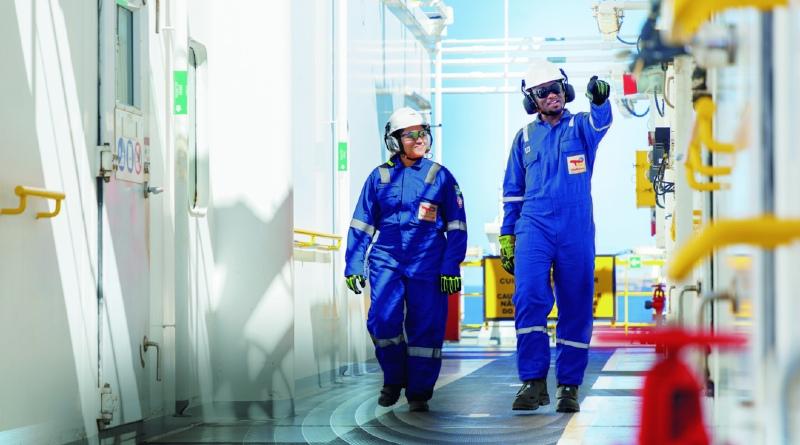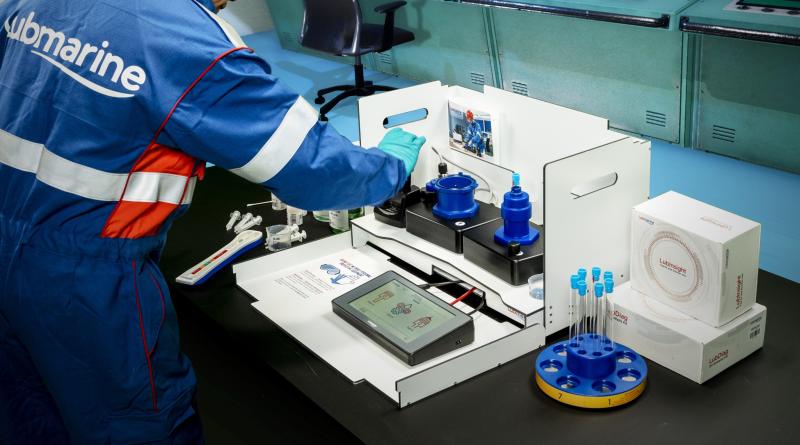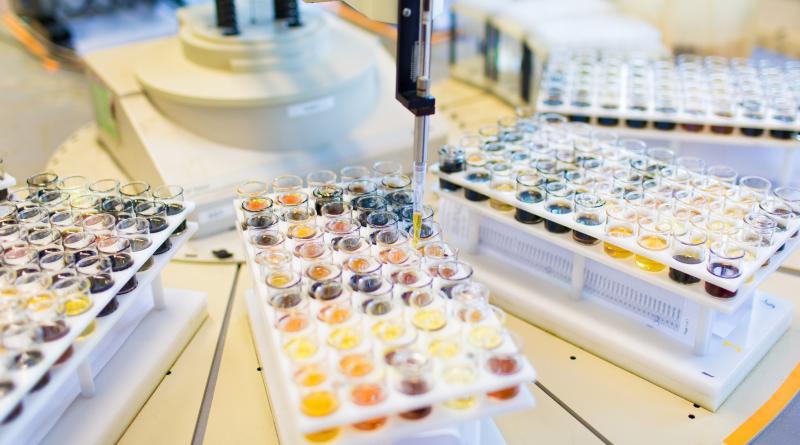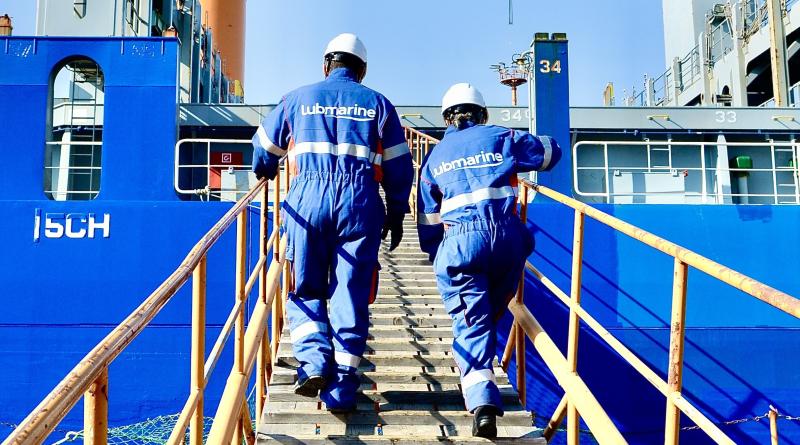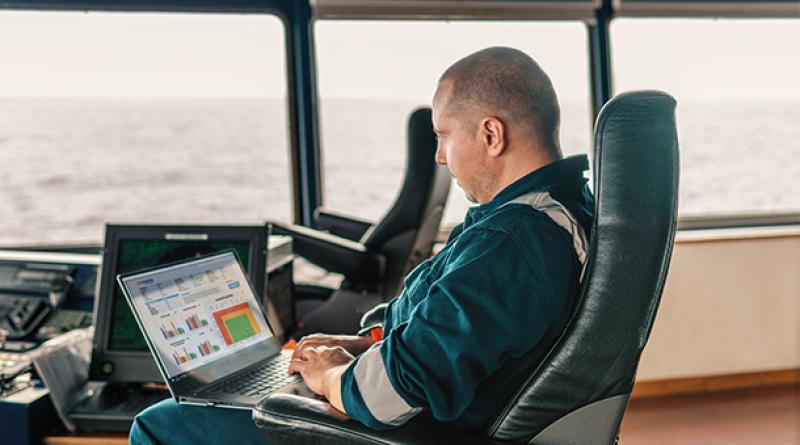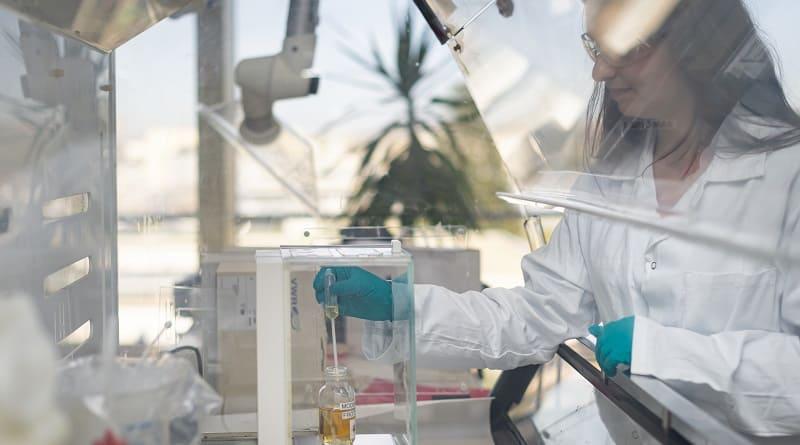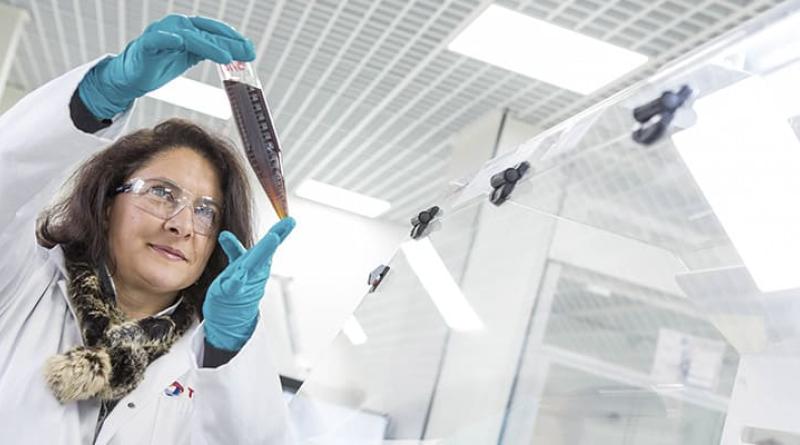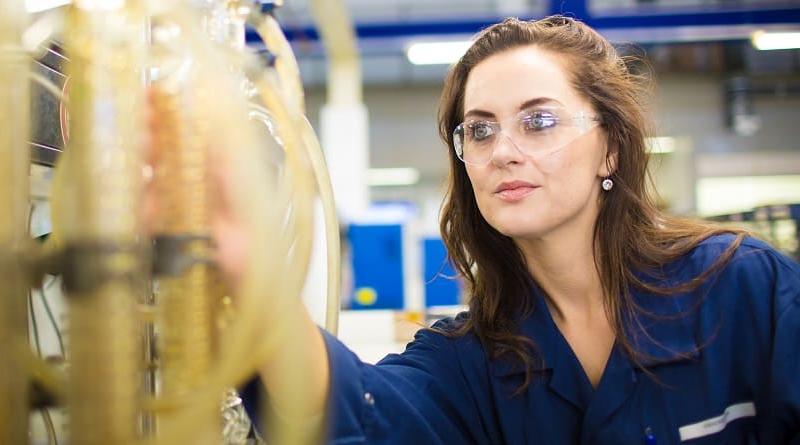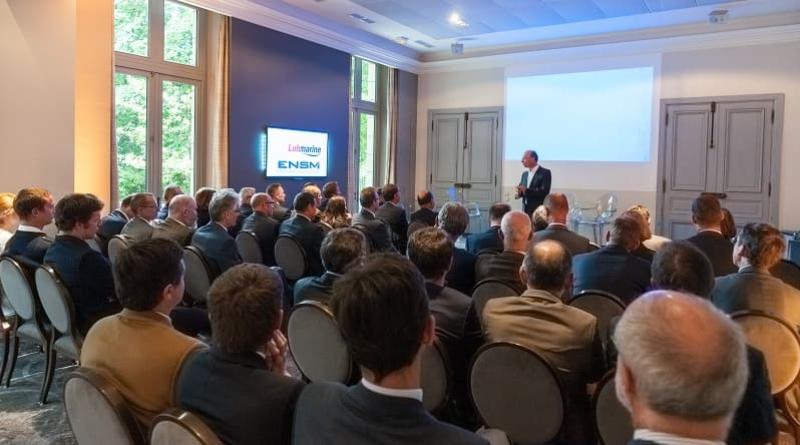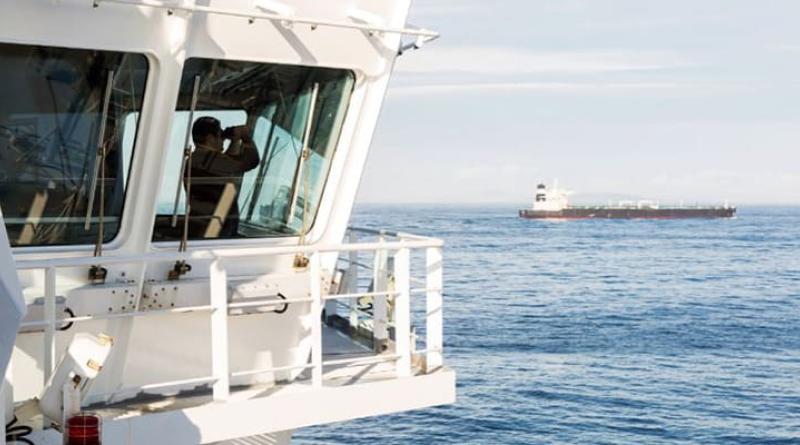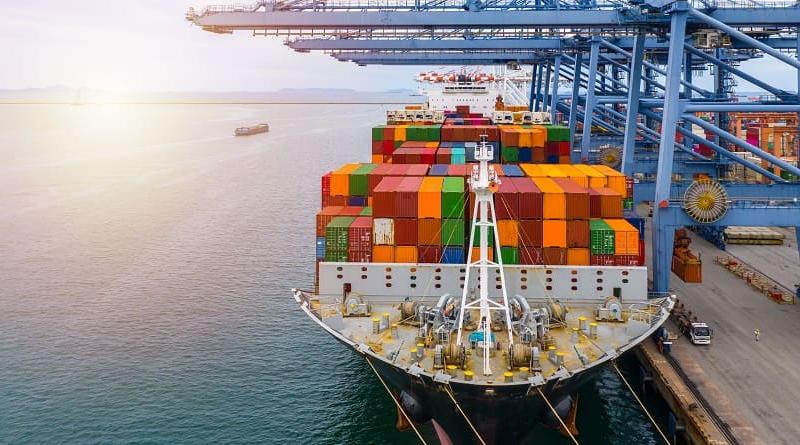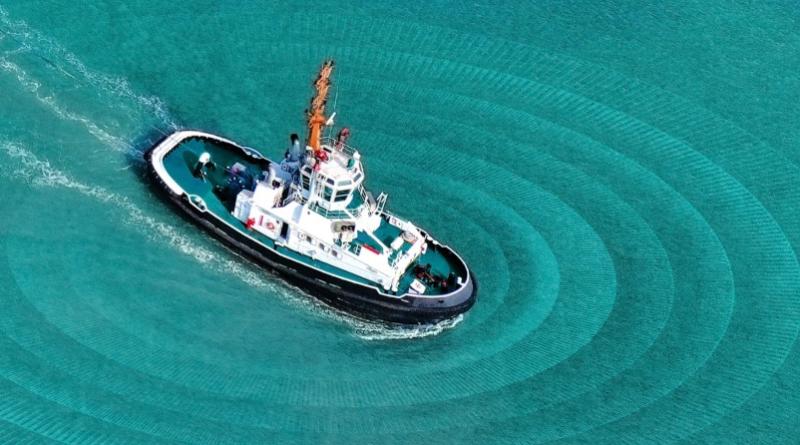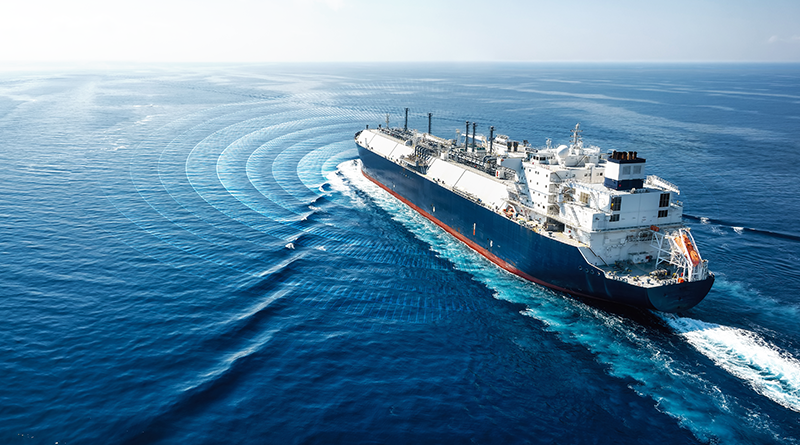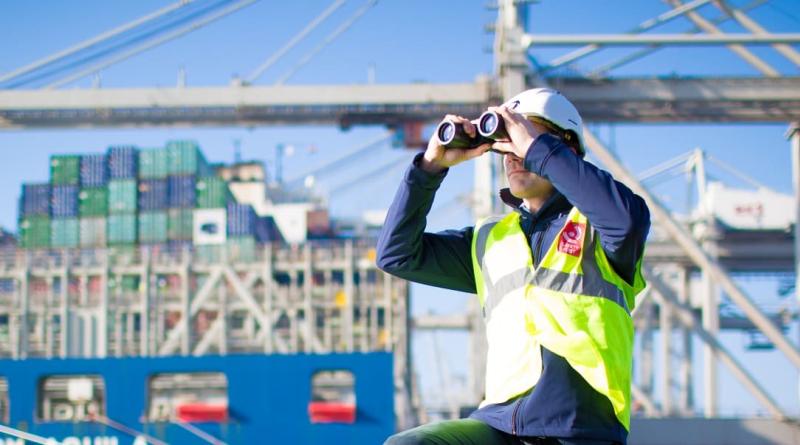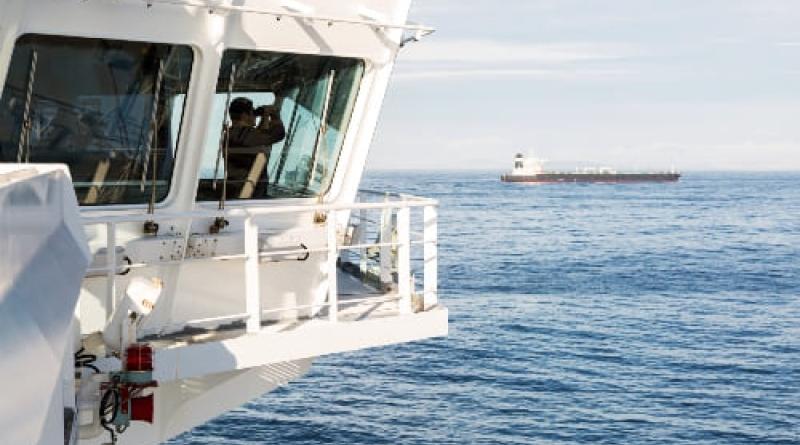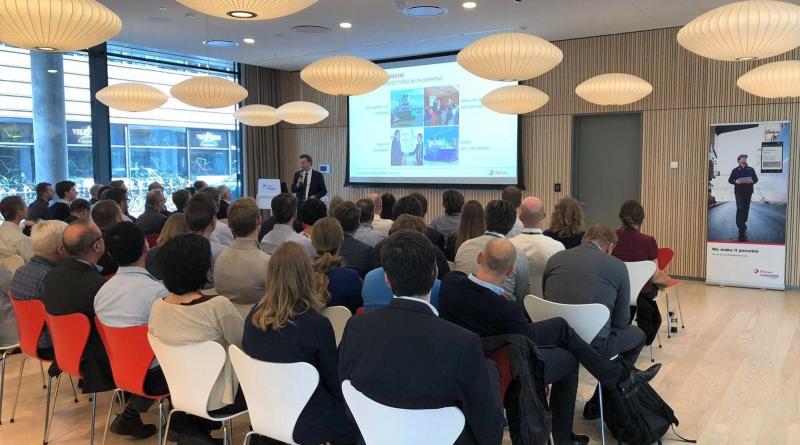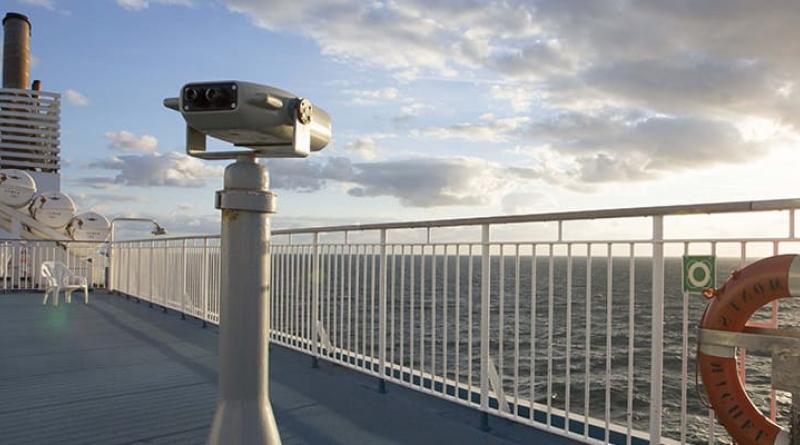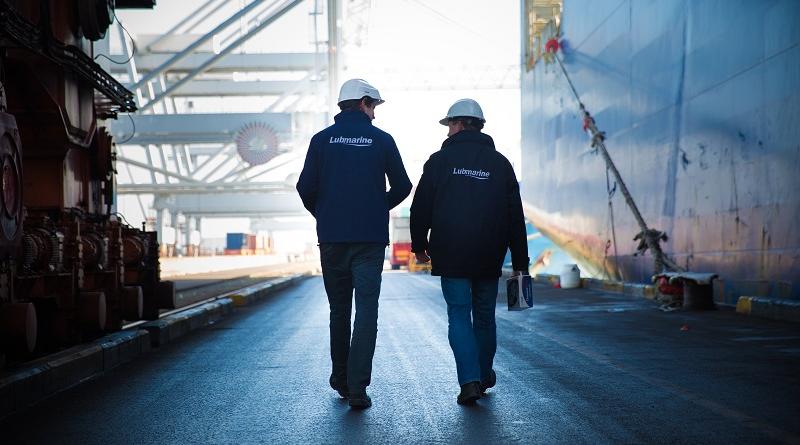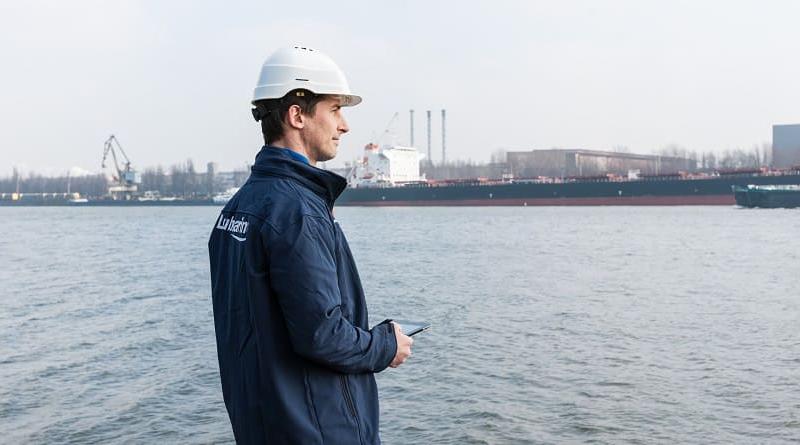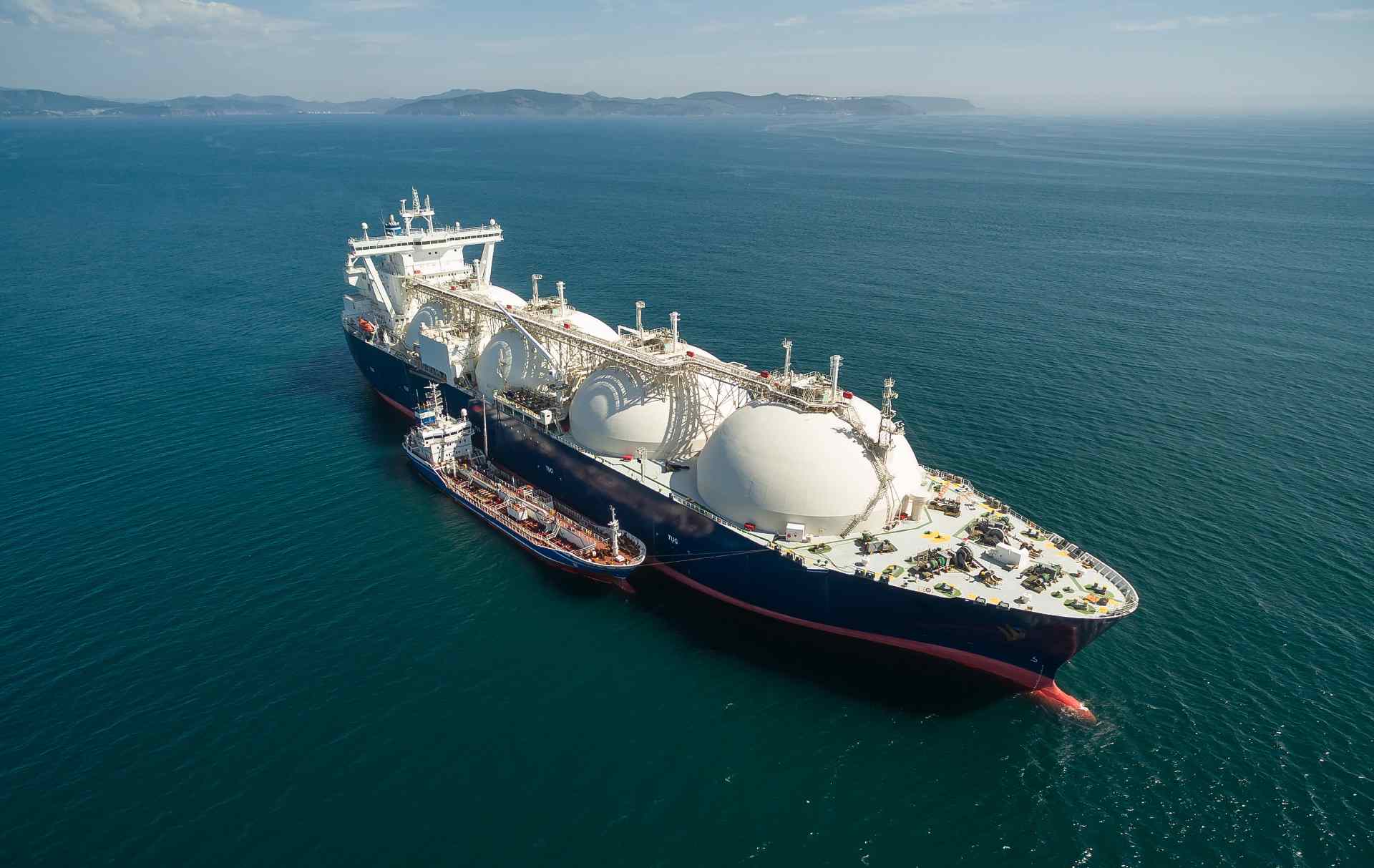
Here at Total, our ambition is to get to net-zero emissions by 2050 for our global business. These aims revolve around 3 core goals:
- Net Zero across our worldwide operations by 2050 or sooner
- Net Zero across all our production and energy products used by our customers in Europe (EU, Norway, UK) by 2050 or sooner
- 60% or more reduction in the average carbon intensity of energy products used worldwide by our customers by 2050.
Total’s marine divisions, Total Lubmarine (TLM) and Total Marine Fuels Global Solutions (TMFGS), are actively working towards contributing to these targets and to help our shipping clients reduce their environmental footprint, by continually investing in the development and delivery of cleaner marine fuel products supported by a global infrastructure network.
Reinforcing this approach with Four New LNG Vessels
In our drive to help the shipping industry reduce its emissions, the Group announced the chartering of four Aframax-type vessels equipped with Liquified Natural Gas (LNG) propulsion in October 2020. These vessels, each with a capacity of 110,000 tons of crude oil or refined products, will be delivered in 2023 and join the time-chartered fleet of Total. The first two vessels will be chartered from ship owner Hafnia, and the remaining two from Viken Shipping.
The vessels have been designed with the most efficient LNG propulsion technologies to reduce emissions, allowing a significant decrease in Greenhouse Gases, of more than 5,000 tons per year and per ship compared to conventional vessels.
“This chartering contract is in line with our Climate Ambition and will contribute to our Net Zero carbon neutrality target by 2050 or before. This contract follows a similar one, signed earlier this year, for two LNG-powered VLCC (Very Large Crude Carriers), to be delivered in 2022,” underlined Luc Gillet, Senior Vice President Shipping at Total.
“LNG as a Marine Fuel remains the best and immediately available solution to reduce the carbon footprint of our shipping activities. With these four new vessels, we reaffirm our commitment to expand the use of cleaner marine fuels, for a more sustainable shipping,” he added.
The supply of LNG for these four LNG-powered vessels will be provided by Total Marine Fuels Global Solutions, Total’s dedicated business unit in charge of worldwide bunkering activities. The lubricants for main engines and auxiliaries will be provided by Total Lubmarine.
A true technological breakthrough in the service of environmental protection, LNG is now the best available and technologically proven solution to significantly reduce the environmental footprint of maritime transport. Compared to ships powered by fuel oil, its use results in a reduction of:
- 99% of sulfur oxide emissions
- 99% of fine particles emissions
- up to 85% of nitrogen oxide emissions
- about 20% of greenhouse gases emissions
Meeting the Needs of a Growing Global LNG Fleet
As the second largest player in LNG, Total is committed to support the global shipping industry’s growing demand for LNG bunker solutions.
There are currently approximately 200 LNG-fuelled vessels operating. Looking at current order levels across the board, the gross tonnage that is LNG-fuelled represents about 20% in the order book, and in some segments, it sits at above 40%. Total currently forecasts the global LNG bunker demand to reach 10 million tons per year by 2025 and beyond 20 million tons per year by 2030.
To facilitate the uptake of LNG bunker globally, Total is actively participating in developing effective fuel and lubrication products, building industry standards, supporting clients through technical support and working with ports globally to help them develop LNG bunkering strategies.
Combining Pioneering Technology with Pioneering Lubrication Solutions
And with pioneering technology you need pioneering lubrication solutions and in TALUSIA UNIVERSAL we have a product available for dual fuel mode that is LNG validated by WinGD.
Conclusion
With an aim to achieve our Net-Zero Climate Ambition by 2050, Total will continue to work with like-minded industry players to help the shipping sector reach its environmental goals and responsibilities, through a combination of innovative products, technical support and a truly global infrastructure.
****
Read more articles on that matter:


